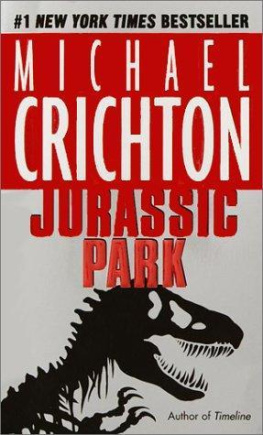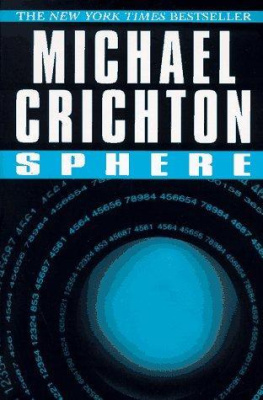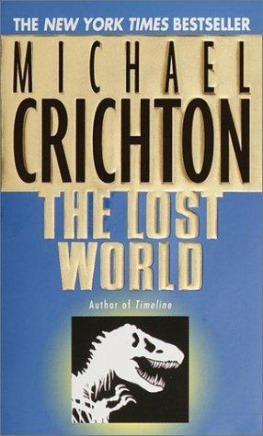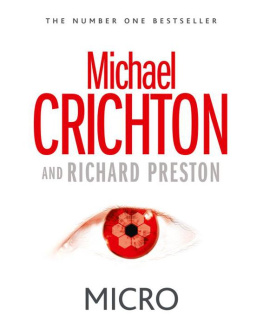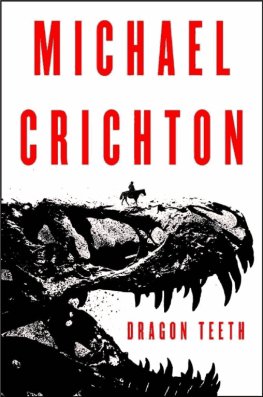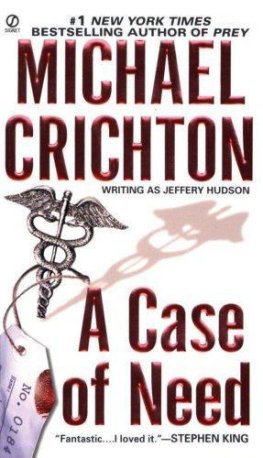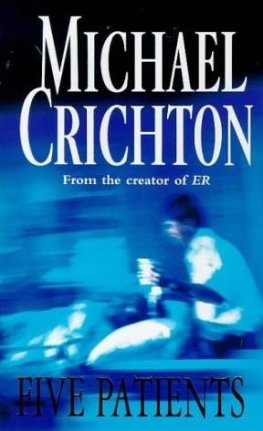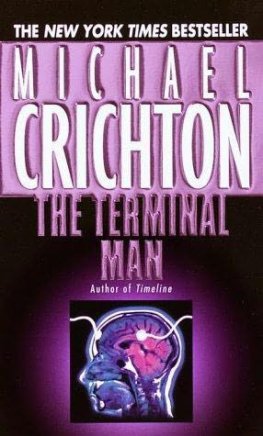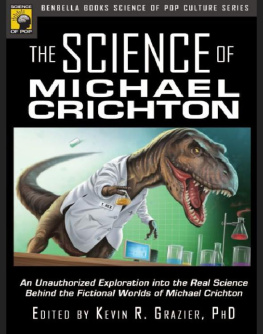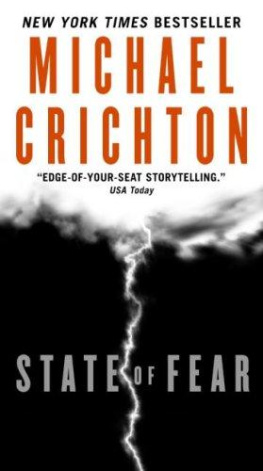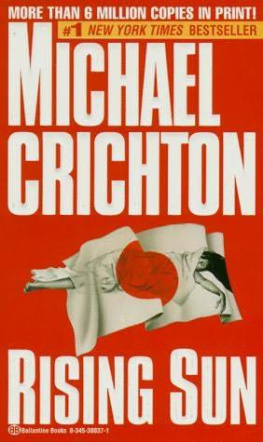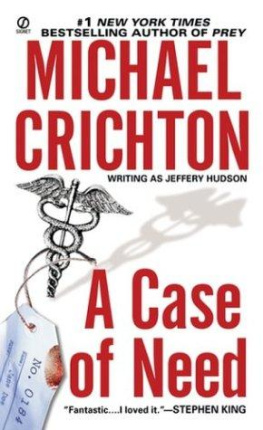Live out your
fantasies for $1,000
a day at
Westworld
the ultimate resort!
Murder, violence, wild sexual abandon, any human desire is fulfilled by totally computerized, humanoid robots programed for your pleasure alone... Until a small computer casualty spreads like wildfire and one man stands alone against the berserk machines bent on total slaughter!
An adventure in total terror!
GUNPLAY... WESTWORLD STYLE!
Blane and Martins hotel room. Martin hitches on his gunbelt.
Say, John, how do I know Im not going to kill another guest with this thing?
Try it. Shoot me.
Blane is standing at the mirror adjusting his shirt. His back is to Martin. Martin aims, but hesitates.
Go on, shoot.
Martin shoots. There is a click; no gunshot. Blane smiles. Martin looks closely at his gun.
The gun has a sensing device. It wont fire at anything with a high body temperature. Only something cold, like a machine.
They thought of everything.
WESTWORLD
Where nothing can possibly go
worng
METRO-GOLDWYN-MAYER
Presents
WESTWORLD
Starring
RICHARD BENJAMIN
YUL BRYNNER
JAMES BROLIN
Music by
FRED KARLIN
Written and Directed by
MICHAEL CRICHTON
Produced by
PAUL N. LAZARUS III

WESTWORLD
A Bantam Book / published March 1974
All rights reserved.
Copyright 1974 by Michael Crichton.
This book may not be reproduced in whole or in part, by mimeograph or any other means, without permission. For information address: Bantam Books, Inc.
Published simultaneously in the United States and Canada
Bantam Books are published by Bantam Books, Inc. Its trademark. consisting of the words "Bantam Books and the portrayal of a bantam, is registered in the United States Patent Office and in other countries. Marca Registrada. Bantam Books, Inc.. 666 Fifth Avenue, New York, New York 10019.

PRINTED IN THE UNITED STATES OF AMERICA
FOREWORD
by Saul David
former story editor, MGM
A while ago I had a sort of apartment-office in one of those tall, sleazy-gilt new apartment buildings off Sunset Strip. The daytime life in those buildings has a sort of Sunday on Wall Street dreaminessits quiet, the tenants are invisible, the corridors are empty except for the coming and going of moving men. Yet even at midday the elevators smelled of pot and heavy perfume, and graffiti on the stainless steel doors was often in lipstick or scratched with a key.
Musicians would emerge in the afternoon, blinking, looking sideways at anyone with a briefcase, never getting in or out at the lobby floor. The place came to life late at night thoughthe corridors pulsed with rock and smoke from balcony barbecues drifted upwards. And now and then the sheriffs department would kick in a door.
Occasionally there would be a familiar facea pretty young actress whose divorce was an ongoing conversation piece; a couple of hard-working comics and an immensely tall, absolutely silent young man, blue-eyed and rosy-fair, the very image of a British schoolboy turned junior officer. Absolutely out of place on Sunset Strip and, in those elevators, immense.
He would stare straight ahead, chin tucked a little to avoid grazing the plastic egg-crate overhead grille. When I had a companion and the talk was of books or publishing, I could tell he was listening.
I dont think we were introduced. We may have been, but if so it didnt take. Still, I was told who he was and he was not a forgettable sight anyhowso that over a year later, when I had become a henchman at MGM and was told to attend a meeting to hear Michael Crichton propose a new film project, I instantly said, Sure, I know him. In Hollywood you say that, and such are the terrors; no one either believes or disbelieves, not even the know-ee.
As it turned out, he remembered me enough so that the mumbled Hi was as convincing as a kiss. And he had a perfectly marvelous project, which you are about to read.
The rest is (to mint one) historymostly of the kind that razed Byzantium and made cab drivers out of czars. Its really Michaels story. But I vividly remember one afternoonmaybe a week before shooting was to commencewhen it became my job to summon Michael and his knowing, resilient producer, Paul Lazarus, to a meeting in my office where I was to impart managements latest. The picture had been canceled twice by then, the budget turned inside out, the principal cast members shuttled like dice and the screenplay revised, denounced, cut, added to and occasionally praised every day for many, many weeks.
That day Michael sat opposite me, Paul on his left. After a while I could only talk to Paul because Michael would say nothing, only stare unwaveringly out of his slump as I went on bravely explaining how it was necessary to add various little scenes all designed to clarify and explain sequences which needed neither. And simultaneously to reduce the budget by a considerable amount. I understood the full horror of what I was sayingthe mad impossibility of doing what was demanded and the pointlessness of the demands themselves. I loved the project, therefore I was the particular centurion they sent.
Allowing for apologies, it was a long, dry meeting. Paul asked a few questions, nodded, made some notes. Michael just waited until it was all done. Then he got up, said, I understand, and left, Paul following.
Later on Paul told me that Michael very nearly quit that night. But he didnt and the picture was made and we are still friends. Which gives you an idea, I hope.
Michael, Im sorry the Japanese salesmen sequences were cut from the screenplay. But considering the movie WESTWORLD, Im glad you didnt quit that night.
SHOOTING WESTWORLD
The screenplay for Westworld was written in August, 1972, and subsequently offered to the major studios. Every one turned it down, except for Metro-Goldwyn-Mayer. That immediately presented a problem. MGM had a bad reputation among film-makers; in recent years directors as diverse as Robert Altman, Blake Edwards, Stanley Kubrick, Fred Zinneman and Sam Peckinpah had complained bitterly about their treatment there. There were too many stories of unreasonable pressure, arbitrary script changes, inadequate post-production, and cavalier recutting of the final film.
Nobody who had a choice made a picture at Metro, but then we didnt have a choice. Dan Melnick, the new head of production at the studio, assured the Westworld producer, Paul Lazarus, and me that we would not be subjected to the usual MGM treatment. In large part, he made good on that promise. We began preproduction in November, 1972.
Preproduction is the time preparatory to shooting when the creative elements are assembled, the script is polished, the sets are built, the locations picked, and the cast hired. It is a busy period for any film, but we had several peculiar problems with Westworld.
The first problem, to be blunt, was the studio. From the outset, the executives in the Thalberg building were divided on the project: some championed it, others loathed it. The result was something like civil war, and no more pleasant than it sounds. There were arguments every few hours; I threatened to quit every three or four days, after episodes of massive depression.


